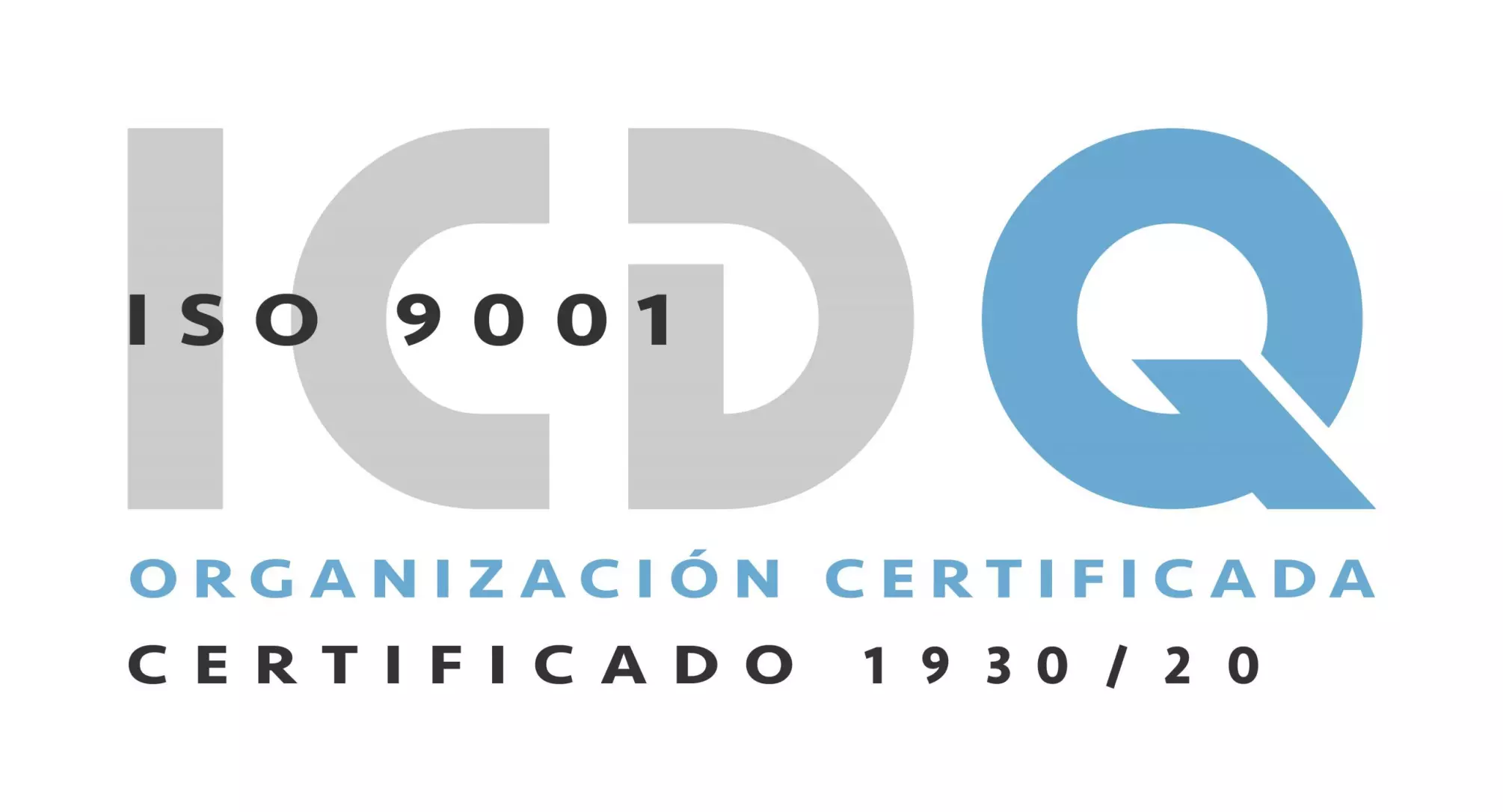The newspaper Expansión recently published an interesting report on hybrid work and how this model of organization of times and workspaces is incompatible with “coffee for all”. That is: that each company must bet on a hybrid model adapted to its activity, professional profiles or type of customers. Microsoft, Telefónica, Boston Consulting or Repsol expressed through their HR managers how they are carrying out the cultural transformation necessary to guarantee performance and results in this new reality.
From IN2 we have been working for more than a decade on the development of technology aimed at facilitating the digitization of companies and services and bringing it closer to the user in a simple, safe, efficient and, above all, flexible way. Thanks to our experience with clients in all sectors, we know that the necessary technology exists and that it works. And we have identified some of the problems that organizations face and that have more to do with the HR function than with IT:
- Updating the knowledge of your employees so that they feel comfortable with the use of applications and software of all kinds
- The care of the well-being of the workforce that goes far beyond what until now was worked from PRL
- Establish effective communication channels, adapted to global and dispersed workforces and that keep employee engagement and motivation high.
Undoubtedly, one of the measures that must be taken to improve the management of employees in a hybrid environment is to unify the tools as much as possible so that there is no dispersion of options and, at the same time, to guarantee a safe and non-invasive online work environment of the personal and family sphere. These two issues are key to ensuring work-life balance and establishing systems that guarantee productivity. And its main consequence is having to manage globally with an individual approach. Because each employee is unique and their way of adapting to the hybrid environment, too.
According to a study conducted by Boston Consulting Group, 90% of managers say that the success of the hybrid model also requires a transformation of the leadership model, which must include competencies such as agile decision-making, management of trust in the team and liquid structures. A challenge that, as you can see, is not only technological.
Do you want to know more from our experts?
Sign up for our next webinar!
Per Marisa Cruzado









